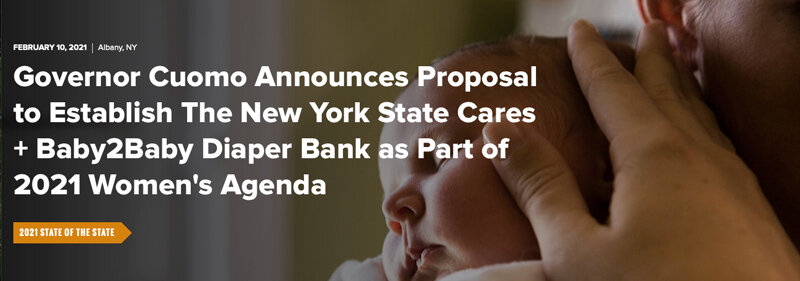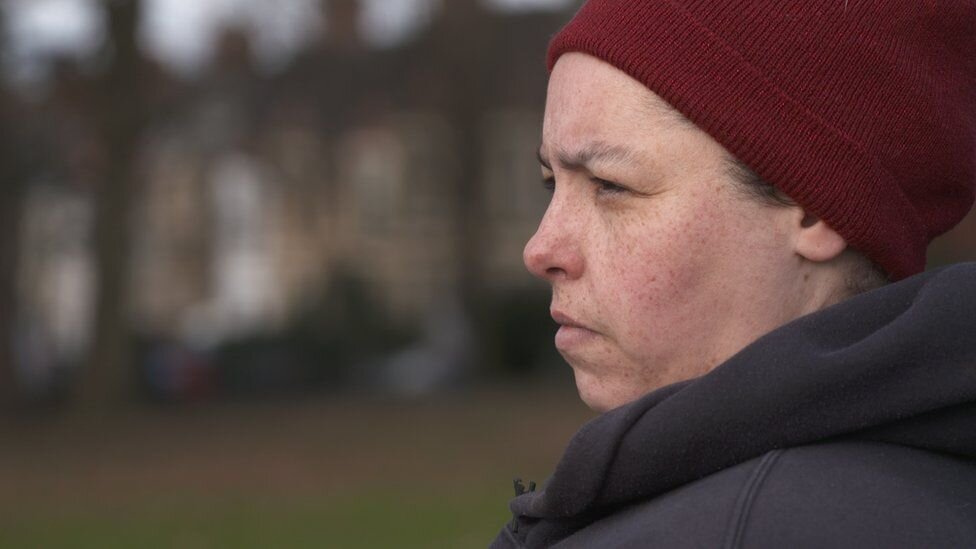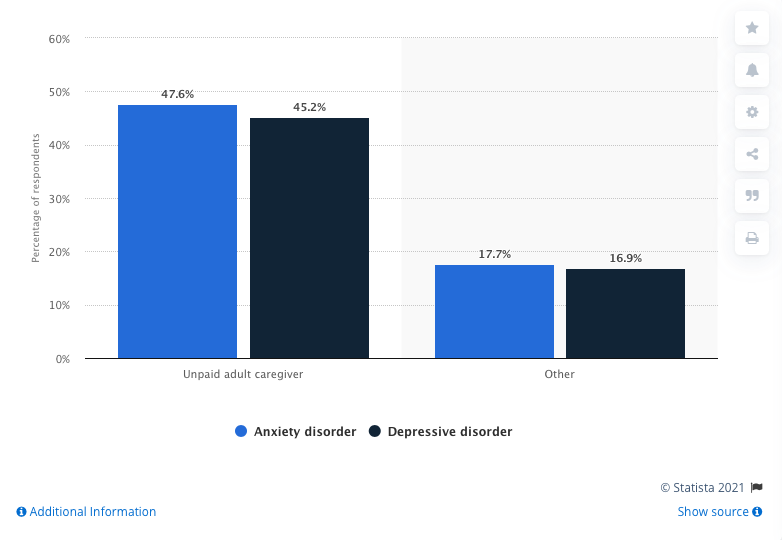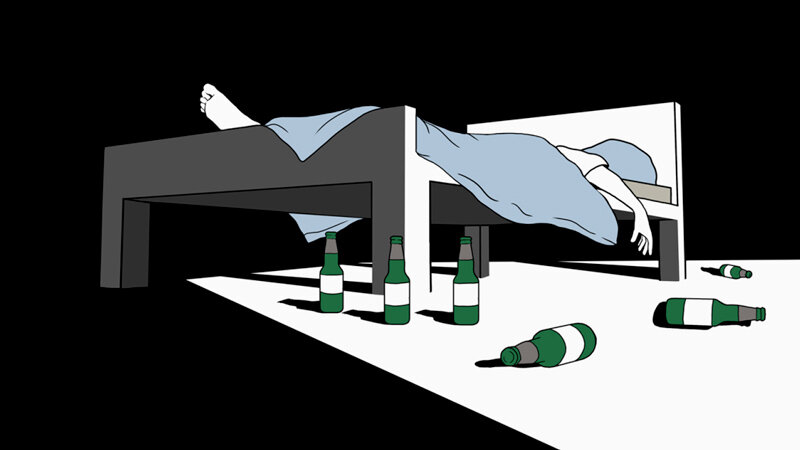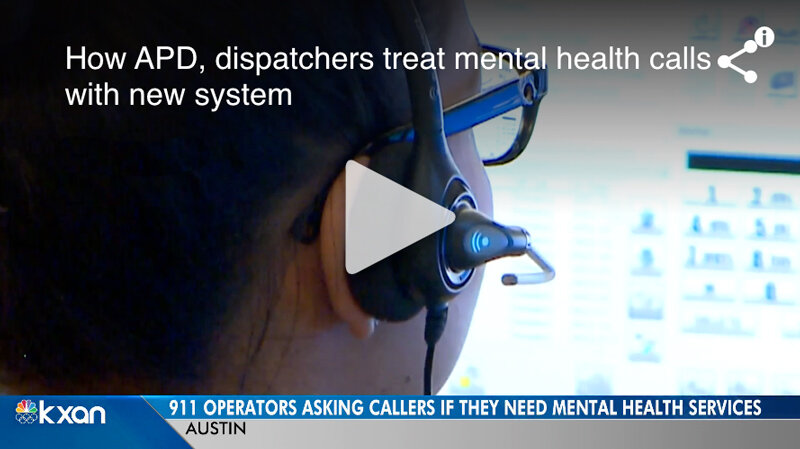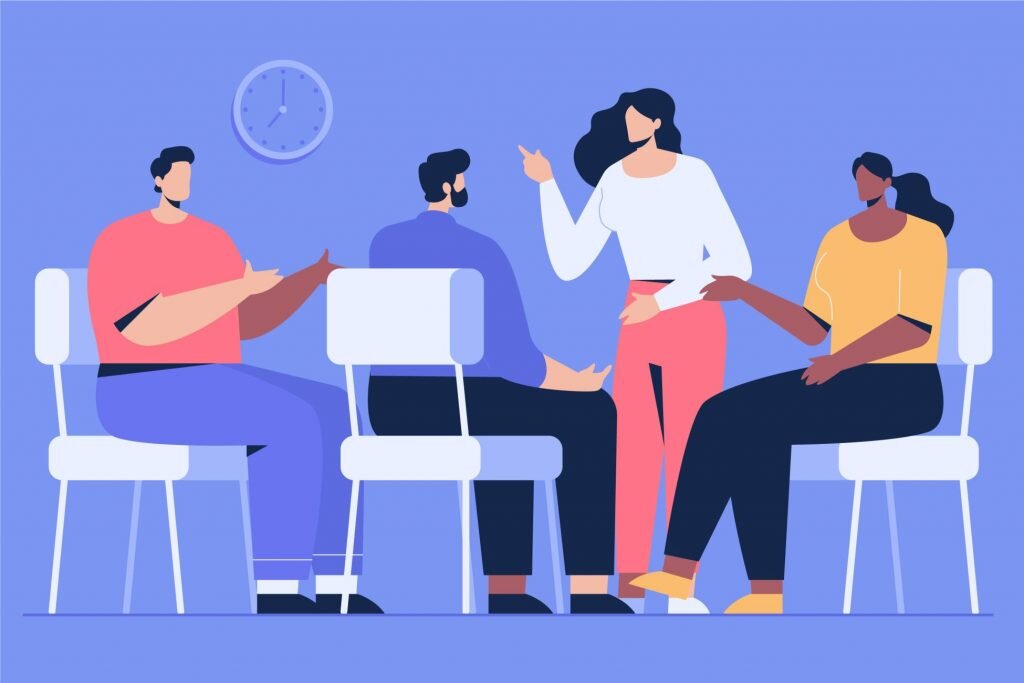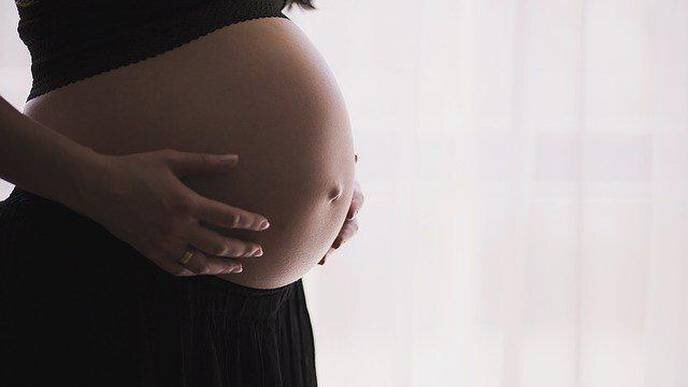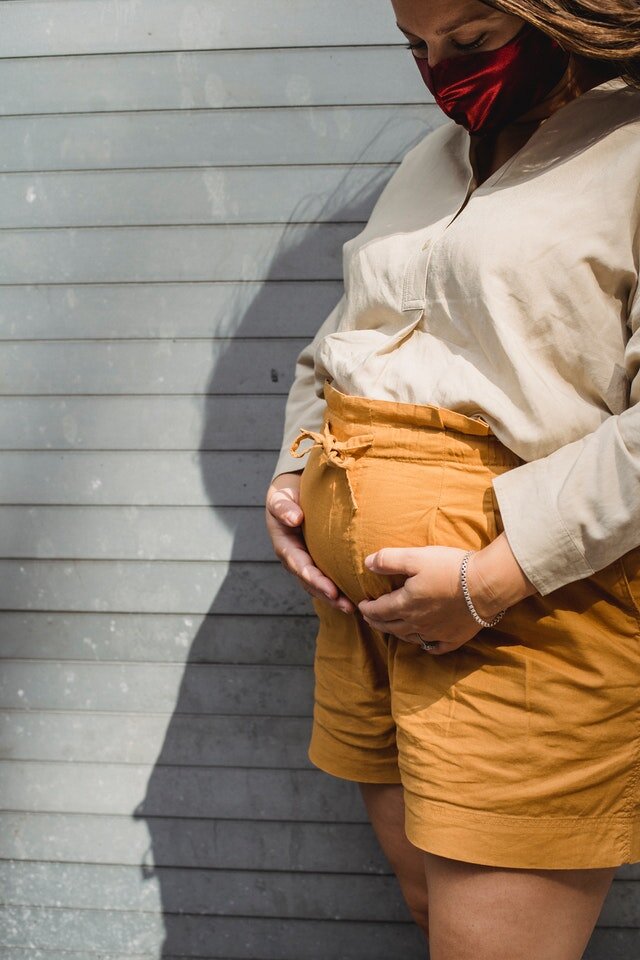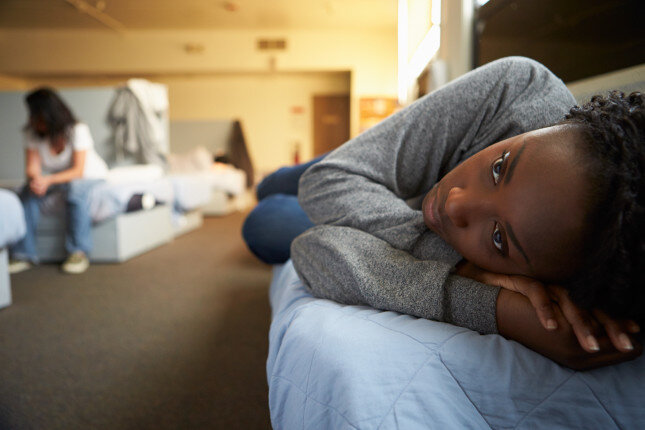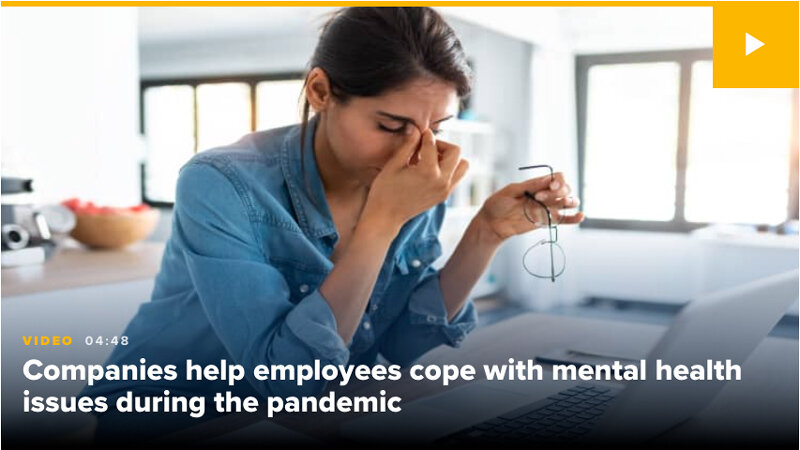What We're Reading
By Joy Burkhard, MBA
Founder and Executive Director, 2020 Mom
Here are the articles and research that caught my eye the last month and a half.
Though America is still suffering great levels of distress due to the pandemic, the articles below also highlight emerging solutions -including a statewide diaper bank, changes in telehealth access, the COVID Help app developed by the national center for PTSD, and more. There is also research highlighting better health care may be delivered by women and the reasons why this might be the case.
Read more below and leave a comment if any of these articles leave an impression on you.
Depression, Anxiety 'Extremely High' Among New Mothers Since Start of Social Distancing
Prevalence rates of clinically relevant depression and anxiety have been “extremely high” among postnatal women during the COVID-19 pandemic, according to study results published in Journal of Psychiatric Research.
New York to Establish Statewide Diaper Bank
The State of Babies Yearbook: 2020 found that as many as 42 percent of infants and toddlers live in households that are poor or low-income, challenging families’ ability to meet basic needs like diapers. In response to this need and the growing impact of the coronavirus pandemic, New York Governor Andrew M. Cuomo announced a proposal this month to make diapers available to New York's Emergency Feeding Programs for distribution to food banks throughout the state at no cost to families.
Group of Senate Democrats Call on Biden to Create Office of Sexual and Reproductive Health and Wellbeing
Seven Senate Democrats are asking President Joe Biden and Vice President Kamala Harris to establish a White House office devoted to reproductive health that would create a federal policy home positioned to address the issue across the administration.
2020 Devastated US Mental Health — Healing Must be a Priority
It should have been obvious that a once-in-a-century outlier event — shattering economies, throwing millions onto the unemployment rolls, shuttering schools, forcing isolation — combined with an outpouring of fury over racial injustice — would precipitate a tsunami of anguish, depression, anxiety, and addiction.
Deaths by Suicide Fall for the First Time in More Than a Decade
After increasing for 13 years, the suicide rate dropped from 2018 to 2019, the CDC reports. Overall, deaths from suicide fell 2%, with a 3.2% decline in women and 1.8% in men. A total of 47,511 deaths were attributed to suicide in 2019, half involving guns, but that rate dipped, too. The decline varied by state and by race, falling overall in Idaho, Indiana, Massachusetts, North Carolina, and Virginia and only among white people. People 85 and older had the highest suicide rate of any age group and levels were lowest in large central metropolitan areas. A note of caution: Recognizing the pandemic’s long-term impacts on isolation, stress, economic insecurity, and worsening mental health and wellness, the CDC writes, “prevention is more important than ever.”
COVID: More Antidepressants Prescribed but Therapy Down
Antidepressants should not be used as a "sticking plaster," a charity has warned after prescription numbers "accelerated" during the pandemic.
New California Law Makes it Easier to Get Care for Mental Health and Substance Abuse
The measure, which took effect Jan. 1, removes loopholes that made it easy for insurers to use arcane company guidelines to avoid paying for care. Patients now have an easier way to challenge those denials.
Karen Bailey’s 20-year-old daughter has struggled with depression and anxiety for years. Since 2017, she’s been in three intensive group therapy programs and, each time, the family’s insurer cut her coverage short, says Bailey.
“At a certain point, they would send us a form letter saying: We have determined that she is all better…”
Almost a Year into the Pandemic, Working Moms Feel ‘Forgotten’
The COVID-19 pandemic has left many American families without child care and in-person schooling. Those new household burdens have largely landed on the shoulders of women, says Journalist Claire Cain Miller. Miller has been working from home, reporting on how the pandemic has affected the lives of mothers, in a New York Times series called "The Primal Scream."
Gender Matters: Women Treated by Female Physicians Have Better Outcomes
A new review of eight studies has found that women do better when they are treated by a female physician. It’s not just that male and female patients both have better outcomes when their doctors are women, perhaps because, on average, female physicians spend more time with their patients. It’s also that female heart attack patients were more likely to die if treated by male doctors. And female patients with diabetes were less likely than male patients to receive intense treatment with a male primary care provider. The authors cite three reasons: differences in how heart disease presents in women vs. men, the underrepresentation of women in clinical trials, and the lack of women's health training in U.S. medical education.
Early Origins of Socioeconomic Inequalities in Chronic Inflammation: Evaluating the Contributions of Low Birth Weight and Short Breastfeeding
The United States is characterized by persistent and widening social inequities in a wide range of adult health outcomes. A life-course approach challenges us to consider if, and how, these inequities trace back to early-life conditions, and chronic inflammation represents a potentially important mechanism through which early environments may have lasting effects on health in adulthood. Low birth weight (LBW) and shorter durations of breastfeeding both predict increased inflammation in adulthood...
Influence of Infants' Feeding Patterns and Duration on Mothers' Postpartum Depression
Breastfeeding is increasingly being promoted worldwide. Although several studies have examined breastfeeding and postpartum depression, contradictory results concerning their relationship have been found. This study investigated the influence of the feeding patterns of one- to six-month-old infants on maternal postpartum depression, as well as the influence of activities performed by mothers during feeding on postpartum depression.
Adult Caregivers with Anxiety/Depression Due to COVID-19 by Unpaid Care U.S. 2020
From June 24 to June 30, 2020, around 48 percent of unpaid adult caregivers in the U.S. reported symptoms of anxiety disorder related to the COVID-19 pandemic. This percentage was almost three times higher than among adults who were not unpaid caregivers.
Ensuring Equitable Implementation of Telemedicine in Perinatal Care
The use of telemedicine in U.S. perinatal care has drastically increased during the COVID-19 pandemic, and will likely continue given the national focus on high-value, patient-centered care. If implemented in an equitable manner, telemedicine has the potential to reduce disparities in care access and related outcomes that stem from systemic racism, implicit biases and other forms of discrimination within our health care system. In this commentary, researchers address implementation factors that should be considered to ensure that disparities are not widened as telemedicine becomes more integrated into care delivery.
Pregnancy During COVID-19
It’s no secret that the risk related to the coronavirus (COVID-19) increases with age, making older adults more vulnerable than younger people.
Less examined has been effects on pregnancy and birthing. According to a new study, published in Frontiers of Sociology, led by Sarah DeYoung, assistant professor in the Department of Sociology and Criminal Justice, and Michaela Mangum, a master’s student in disaster science and management, the pandemic caused additional stress for people who were pregnant or gave birth during the pandemic.
Stress on Every Cell: Mapping the Stress Axis in Detail
Scientists used new technology to view the entire stress axis as it has never before been seen. Their findings, which were published in Science Advances may be relevant to several stress-related diseases from anxiety and depression to metabolic syndrome and diabetes.
Pandemic-Fueled Alcohol Abuse Creates Wave of Hospitalizations for Liver Disease
Alcoholism-related liver disease was a growing problem even before the pandemic, with 15 million people diagnosed with the condition around the country, and with hospitalizations doubling over the past decade. But the pandemic has dramatically added to the toll.
How Society Has Turned its Back on Mothers
This Isn’t Just About Burnout, it’s About Betrayal.
As a psychiatrist specializing in women’s mental health, nearly every mother I have treated during the pandemic fights through decision fatigue, rage and a feeling of powerlessness every day.
This isn’t breaking news. Burnout among parents, in particular moms, has been a defining principle of this global disaster. Clinical-level burnout is defined by a triad of symptoms: exhaustion, a sense of futility and difficulty maintaining personal connections.
New Moms Need the COVID Vaccine | Healthiest Communities Health News | US News
Amid much conversation about who should be vaccinated next – and as officials work their way down eligibility lists that include older adults, teachers and food-service workers – women who have given birth during the pandemic are among the millions of Americans patiently waiting for their turn. Many new moms are anticipating getting the vaccine so their family members and friends can safely visit and provide much-needed help and support.
A Look at How Austin 911 Dispatchers, Officers Treat Mental Health Calls With New System
Austin 911 dispatchers are the first in our area to offer help for callers who need mental health assistance. Dispatchers now greet callers by asking them, “Do you need police, fire, EMS or mental health services?”
Have Courage. Don’t Stop. It Works! Perspectives of Community Mental Health Center Executives on Adding Primary Care Services
Increasingly, health care organizations offering single services may be wondering about integration. How can a behavioral health organization successfully add primary care services? Conversely, how can a primary care health organization successfully add and integrate behavioral health into their service?
Community Mental Health: Not a Silver Bullet
When it comes to community mental healthcare, we must be cautious not to replicate the old, top-down, medicalized approach of mental institutions.
Insurance Coverage and Perinatal Health Care Use Among Low-income Women in the US, 2015-2017
A majority of low-income women experience disruptions in health insurance during pregnancy and the first year postpartum. Researchers characterized the association between health care use and four distinct patterns of insurance coverage across the perinatal period among low-income pregnant and postpartum women.
Miscarriage Mystery Solved by Doctor’s New Test
[It’s] A joyful yet stressful time during the first trimester, knowing that 15% of all pregnancies end in miscarriage. “There is a protein made by the fetus that the mother doesn’t make. It’s called alpha-fetoprotein. High levels of that can signal danger — a result of the placenta detaching…. likely to go on to be a miscarriage.”
Pregnant Women's Well-being and Worry During the COVID-19 Pandemic | BMC Pregnancy and Childbirth
COVID-19 caused some worries among pregnant women. Worries during pregnancy can affect women’s well-being. Researchers investigated worry and well-being and associated factors among pregnant women during the COVID-19 pandemic.
Factor Housing Into Maternal and Neonatal Health Policy
The United States is facing a crucial moment, one in which more pregnant women are at risk of becoming housing insecure than at any other time in recent history. This leaves an unprecedented number of mothers and babies vulnerable to the associated adverse health risks. Housing instability – which includes challenges ranging from struggles paying rent to chronic homelessness – harms maternal and neonatal health as much as smoking during pregnancy. The economic effects of COVID-19 threaten to exacerbate the adverse health outcomes associated with homelessness.
COVID Coach App – Supporting Anxious America
COVID Coach was recently developed by the National Center for PTSD, includes interactive tools, psychoeducation, and self-assessments, as well as links to crisis resources and includes information about maternal PTSD.
Nearly Half of US Workers Suffer From Mental Health Issues Since COVID-19 Pandemic Hit, Report Finds
In a recent report, nearly half of workers globally admitted to reduced productivity during the pandemic. These indirect costs of mental health challenges can come at a hefty price for employees — and employers.


